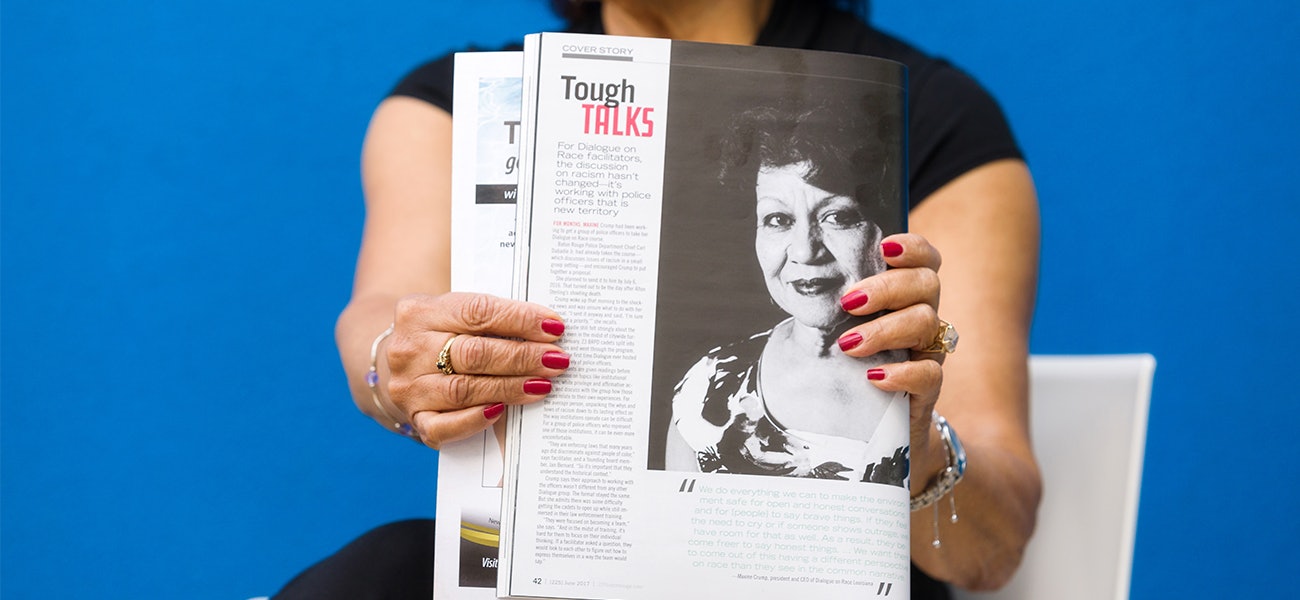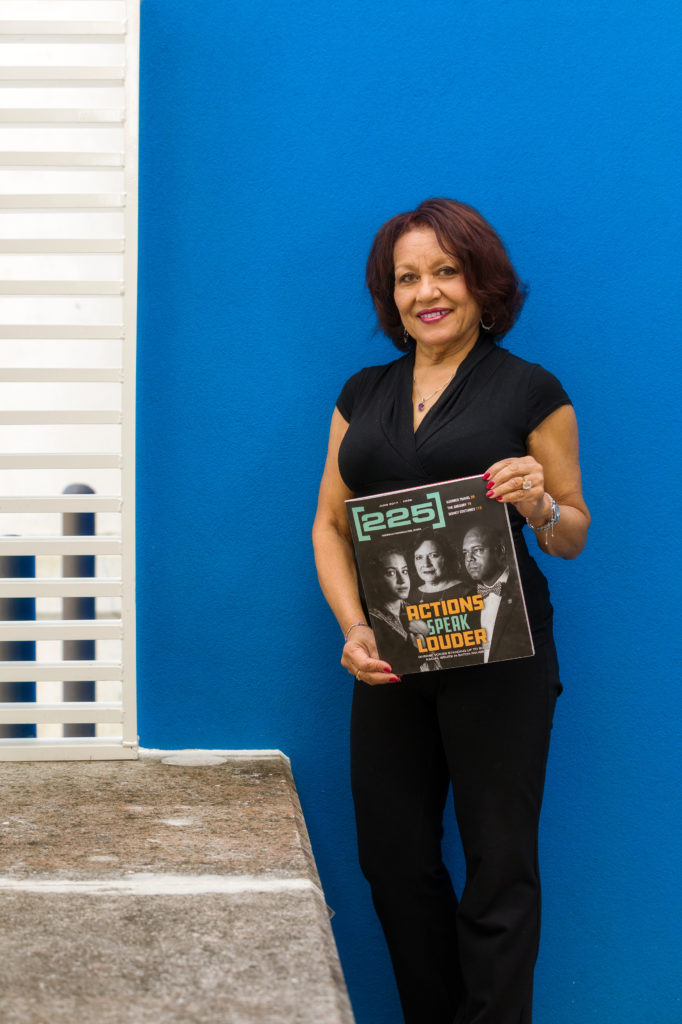“Fifteen years ago, it was only the troublemakers who spoke out, and I was one of them. I still speak out, but I don’t get called a troublemaker that much anymore. I led the design and development of The Dialogue on Race Series. The YWCA housed it until 2009, and by 2012, Dialogue on Race Louisiana was born as its own nonprofit.
In 2005, the Shaw Center opened, but soon after, on the rooftop there, Baton Rouge’s best happy hour was shut down because of complaints of too many Black people.









